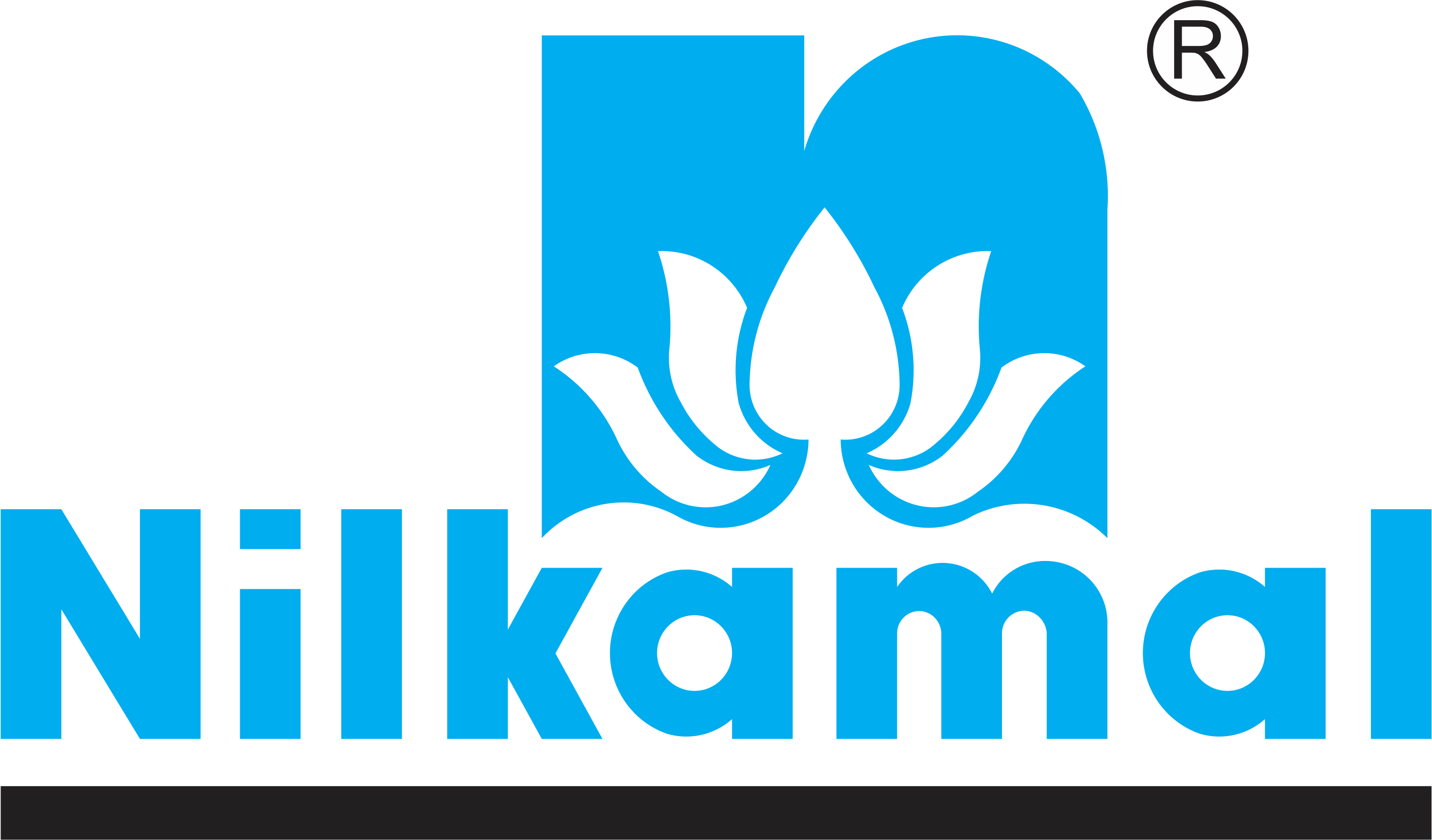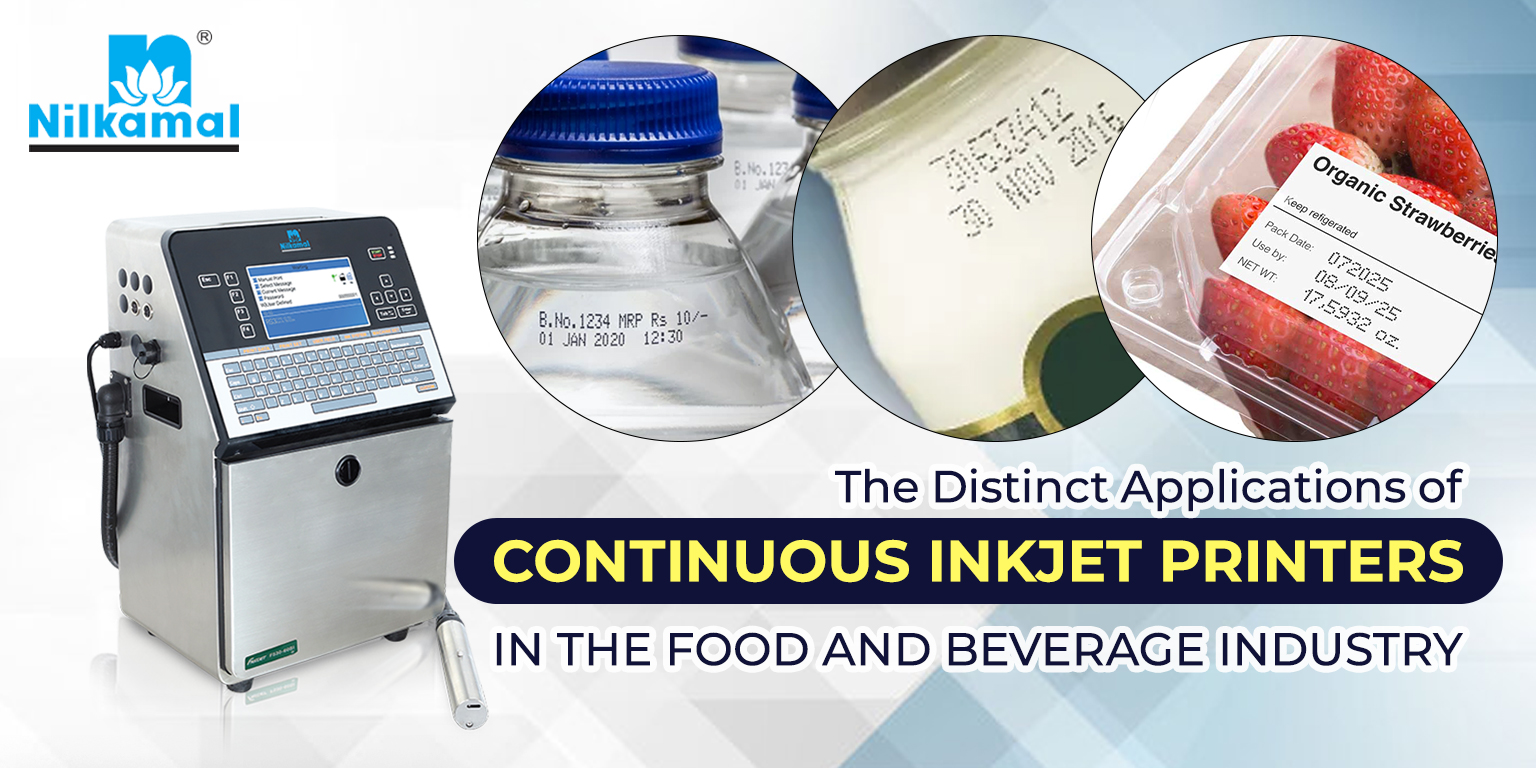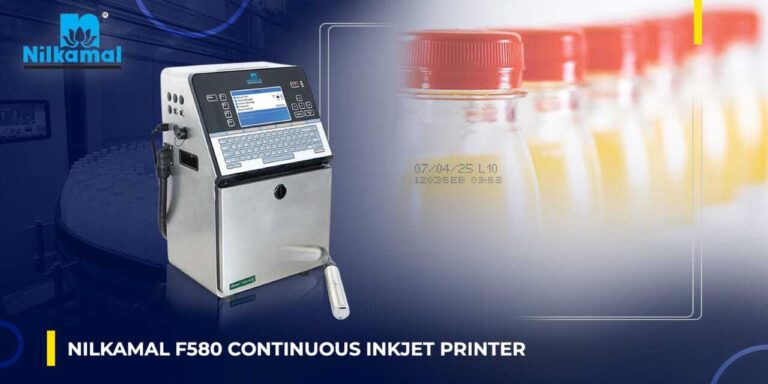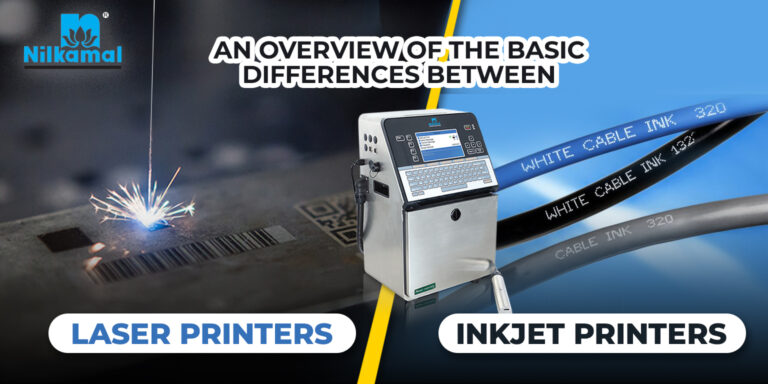If we have food in our plates providing us with nourishment and energy, much of the credit goes to the food and beverage industry. And ensuring product safety and transparency is an indispensable aspect of facilitating public welfare. Continuous inkjet printer plays a pivotal role in disclosing product information to buyers and is an integral part of product packaging in this sector. Have a look at the various applications of continuous inkjet printers in the food and beverage industry and the types of packaging for which CIJ printers can be used here:
Applications of CIJ Printers in the Food and Beverage Sector
- Printing date codes on packages
Ingesting expired food products can cause food-borne illnesses and should be avoided. Date code printing involves specifying the date of manufacture and expiry in every product. The FDA guidelines emphasize on date codes as an extremely crucial packaging process to ensure that consumers are aware of the product’s shelf life. Such transparency also prevents sellers from offering expired, unhealthy products in the market.
- Specifying batch numbers
Batch numbers essentially help buyers identify a set of products that share certain common features, such as date of manufacture, expiry date, and identification code. Understanding the batch to which a product belongs can help identify the manufacture and packaging history of the product in case of any defects or issues. Continuous inkjet printers are widely used to print batch numbers during the primary as well as secondary packaging stages.
- Maximum retail price
Price is perhaps the first piece of information that buyers look for in packaged and ready-to-eat goods. CIJ printers are used to display the MRPs of products clearly on the packaging. Providing the MRP on the product’s covering can help consumers know the value of food and beverage products they are purchasing and avoid being exploited in the market.
- Printing QR codes
CIJ printers can print QR codes, which can be scanned to complete authentication of the product, ensuring that it is genuine and not duplicated. - Printing GS1 Datamatrix codes
Continuous inkjet printers are also used to print GS1 Datamatrix codes, which are mandatory on primary products today.
Continuous inkjet printers can be used to print product details on cans, plastic bottles, cardboard containers, and even delicate surfaces like egg shells. Its quick-drying, non-contact printing process and efficient printing speed have facilitated its popularity in various sectors, including food and beverage. Nilkamal’s continuous inkjet printers are durable, user-friendly, and time-saving, with zero lockout hours and a simple unipart system.




